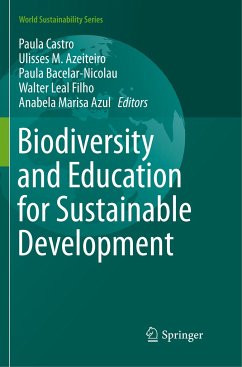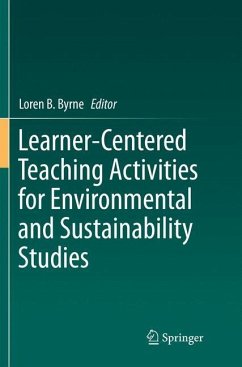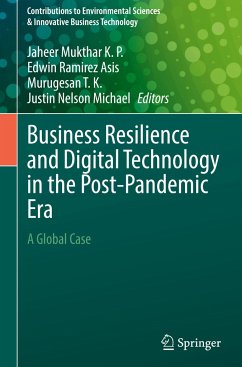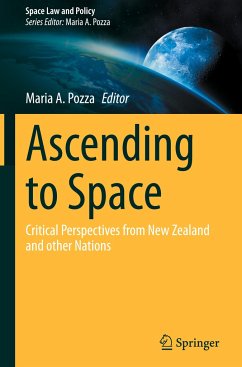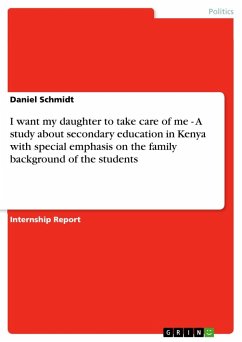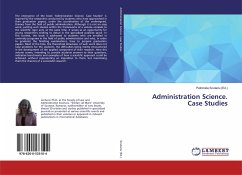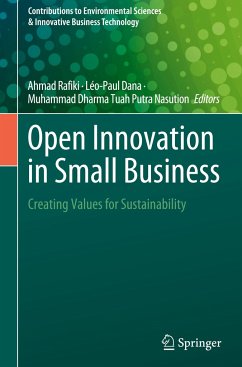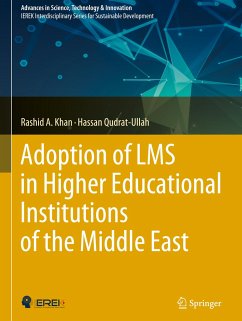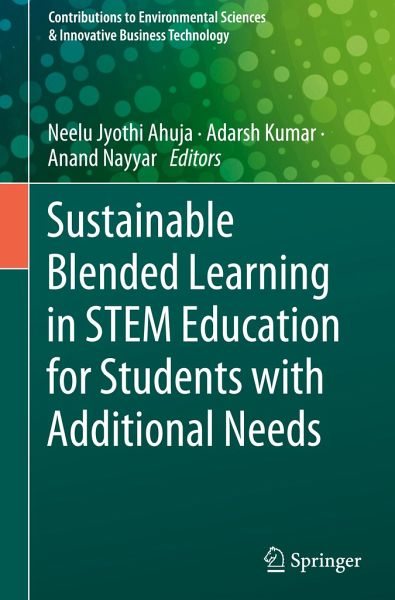
Sustainable Blended Learning in STEM Education for Students with Additional Needs

PAYBACK Punkte
49 °P sammeln!
This book comprehensively covers sustainable blended learning approach in each of the STEM (science, technology, engineering and mathematics) disciplines. The book also includes the compilation of detailed concepts of blended learning ranging from definition, need, features, models, advantages and disadvantages and comparisons with traditional face-to-face learning. Sustainable blended learning in K-12 education has an immense role as foundation to learning for students in their early education. Fostering creativity and inculcating problem solving and critical thinking skills are the integral ...
This book comprehensively covers sustainable blended learning approach in each of the STEM (science, technology, engineering and mathematics) disciplines. The book also includes the compilation of detailed concepts of blended learning ranging from definition, need, features, models, advantages and disadvantages and comparisons with traditional face-to-face learning. Sustainable blended learning in K-12 education has an immense role as foundation to learning for students in their early education. Fostering creativity and inculcating problem solving and critical thinking skills are the integral aspect of STEM education, which encourages students to pursue them to for their future careers. This book presents recent practices taken by experts at various levels to promote education in STEM. Furthermore, impact over teacher-student relationships is analyzed. Lastly, sustainable frameworks, strategies and implementation to incorporate students with additional needs are explored.






